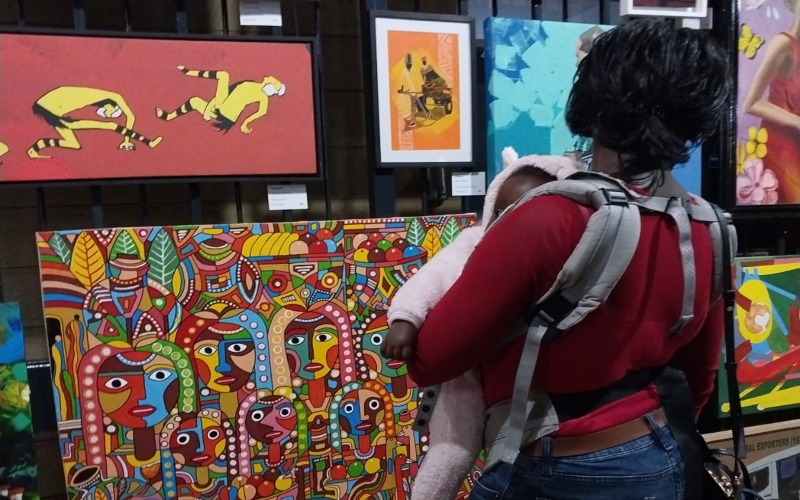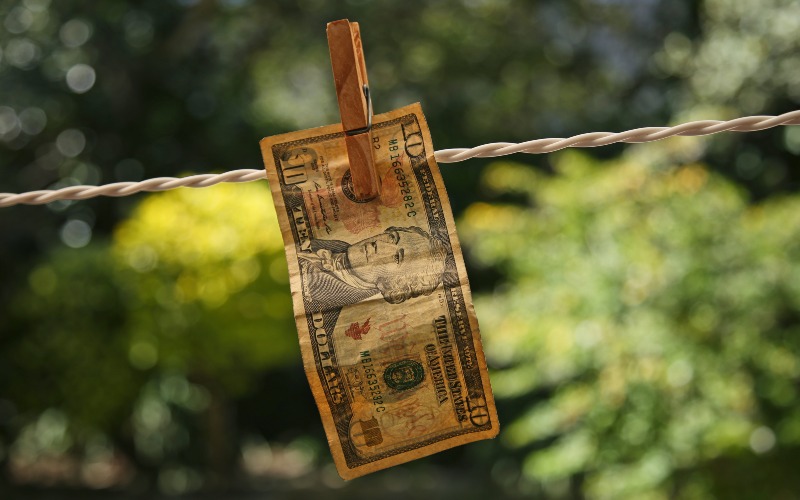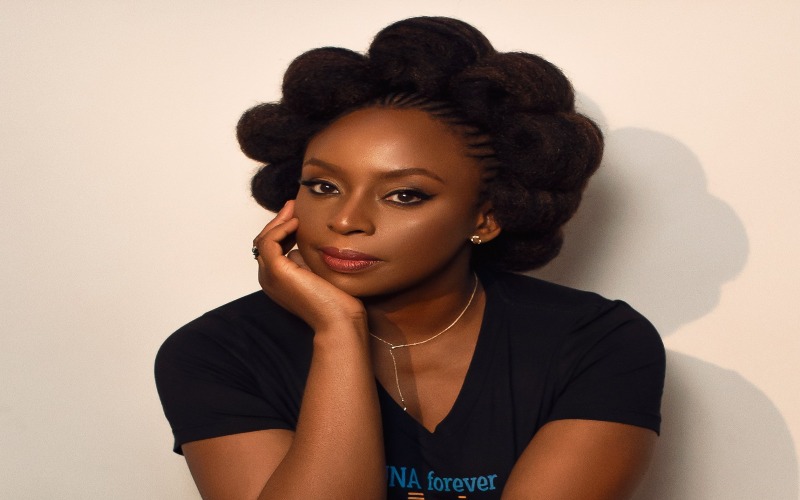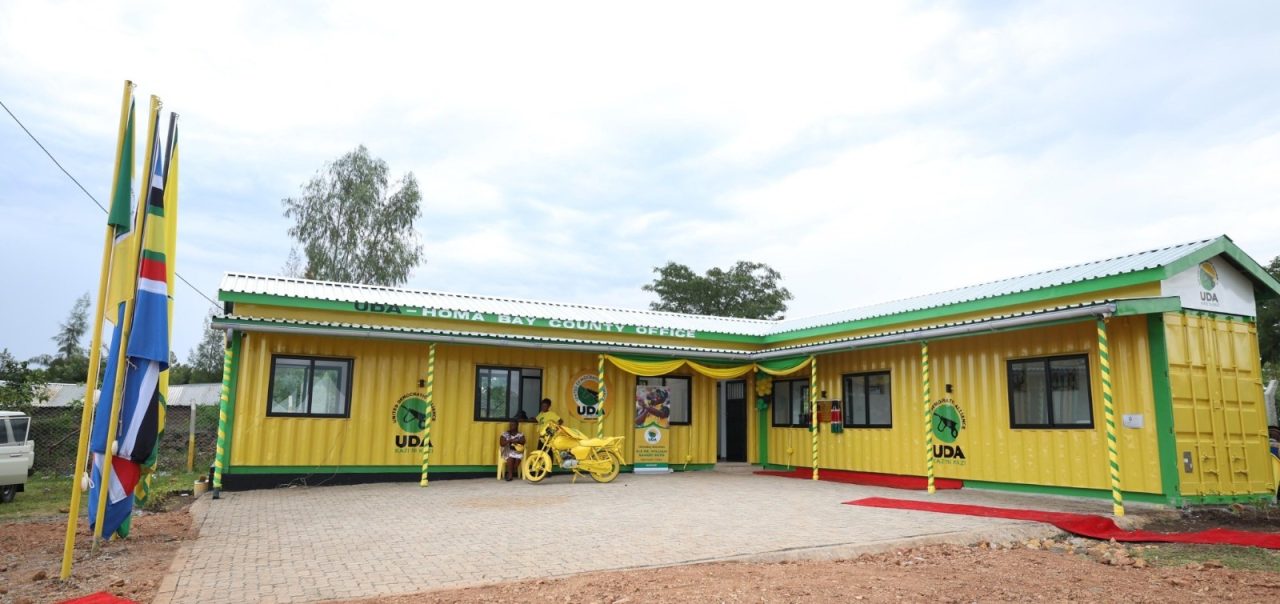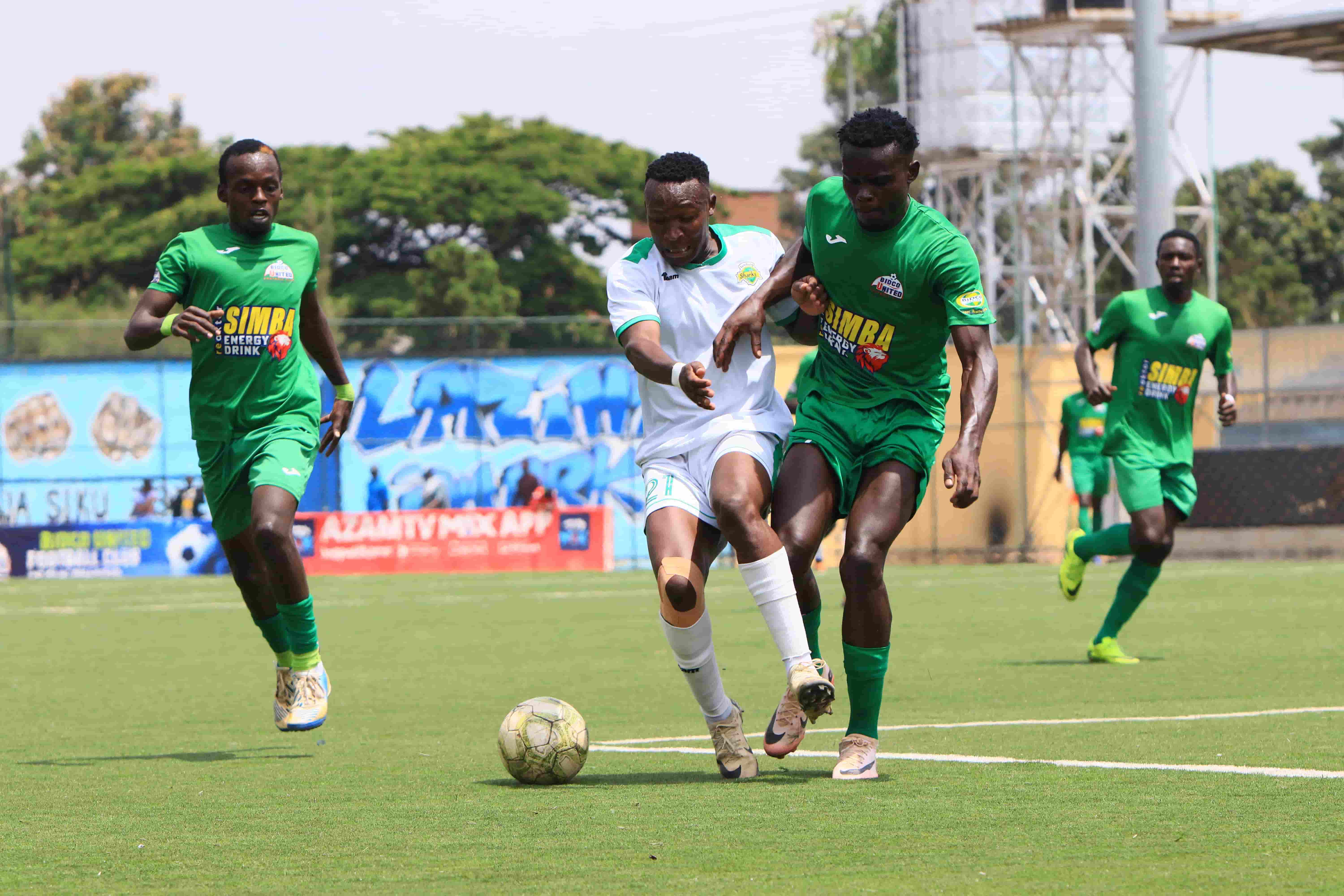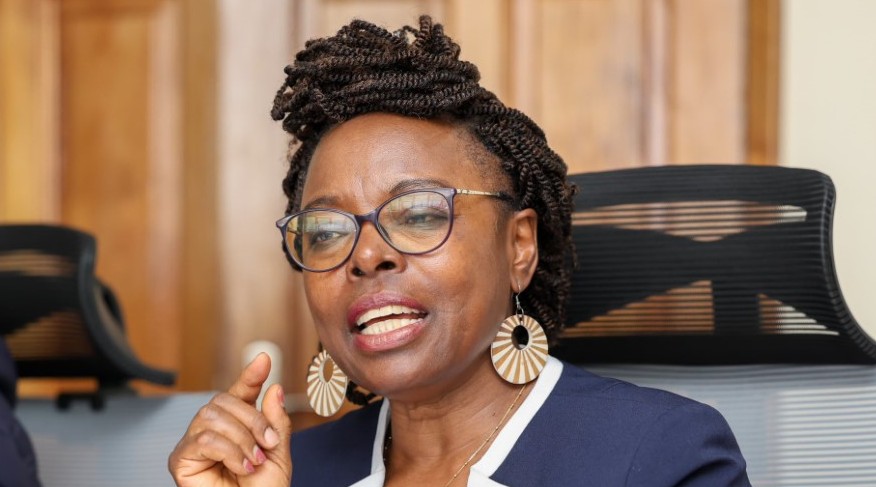EXPLAINER: All you need to know about judo, its history in Kenya and the rules
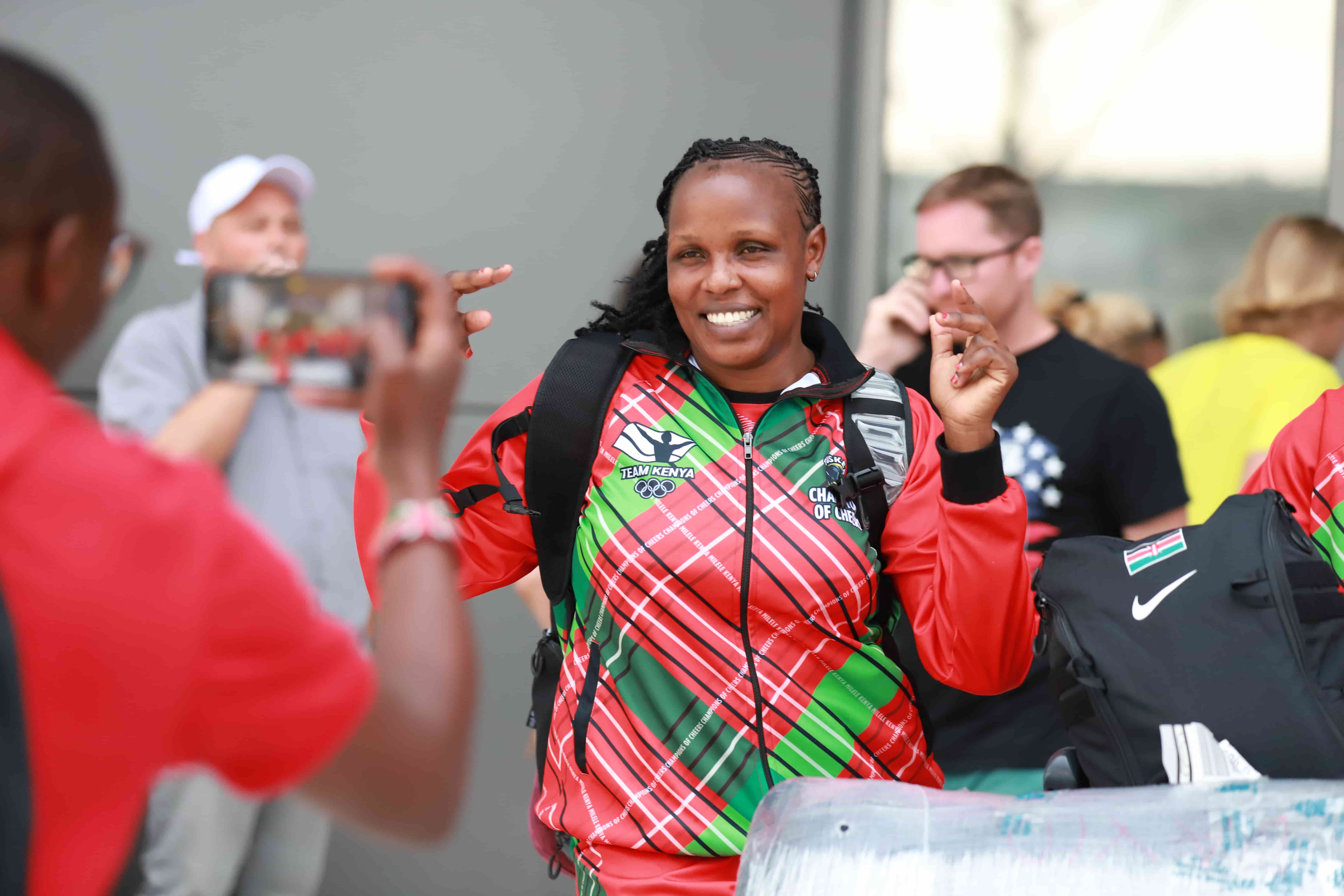
Established in Kenya in 1964, judo has seen steady growth but has yet to secure an Olympic medal. As Zeddy Cherotich gears up for her debut in Paris, the country hopes to build on its recent successes in continental tournaments and achieve a historic Olympic breakthrough.
Judo is one of the six sports that Kenya entered for at the 2024 Paris Olympic Games. The others are athletics, fencing, rugby sevens, swimming, and volleyball.
Together with fencing, the grappling sport founded in 1882 by Japanese educator and athlete Jigoro Kano, judo is perhaps the most eccentric game that Kenya registered to compete in at this year’s Olympic Games.
More To Read
Judo was founded with emphasis placed on two principles: maximum efficiency and mutual welfare and benefit. The two principles are also known in judo by their Japanese terms, seiryoku zenyo and jita kyoei, respectively.
From its foundation, it took 82 years for judo to become a thing in Kenya when the Kenya Judo Federation was founded in 1964.
Since then, the sport has spread all over the country, with dojos being set up in major towns where competitions regularly take place.
Despite the sport’s spread in the country, Kenya is still making efforts to make a mark in the sport.
The country has been represented at four Olympic Games—1988, 1992, 2016, and 2024—but is yet to celebrate a medal victory.
The following eight judokas have represented Kenya in the Olympic Games. Their weight classes and year of participation are in brackets.
- John Bogie (men’s 65 kg, Seoul 1988)
- Nelson Ombito (men’s 71 kg, Seoul 1988)
- James Kihara (men’s 78 kg, Seoul 1988)
- Tiberius Nyachwaya (men’s 86 kg, Seoul 1988)
- Joseph Momanyi (men’s 65 kg, Barcelona 1992)
- Michael Oduor (men’s 86 kg, Barcelona 1992)
- Sang Kiplangat (men’s -90 kg, Rio 2016)
- Zeddy Cheroich (women’s -78 kg, Paris 2024)
While glory in the Olympic Games awaits, Kenya has competed in other numerous continental and international tournaments, with success coming in the 2013 African Judo Championship held in Maputo, Mozambique, and the 2021 Africa Judo Open held in Dakar, Senegal.
It was in the 2013 African Judo Championship that Kenya won its first international medal in the sport when Emma Akinyi, competing in the open-class event, returned home with a silver medal.
The 2021 Africa Judo Open, held in the Senegalese capital in November 2021, was Kenya’s most successful event yet, as Perister Bosire, contesting in the women's +78 kg weight class, dominated her category on the way to winning Kenya’s first ever gold medal in an international judo competition.
In the same tournament, Kalvin Afude entered the history books as the first Kenyan man to win a medal in an international judo tournament. Afude was consoled with a silver medal when he lost to Senegal’s Mbagnick Ndiaye in the final of the men’s +100 kg category. At the time, Ndiaye was the reigning African champion in that category and had been Senegal’s flag bearer at the 2020 Tokyo Olympic Games.
At the 2024 Paris Olympic Games, Zeddy Cherotich, a 34-year-old KDF Sergeant, will hope to improve on that record by becoming the first Kenyan judoka to win a medal at the Olympic Games.
Cherotich will be competing in her first contest on Thursday as she makes her Olympic Games in the women’s 78 kg weight class. She will be fighting from Pool B, and her first contest is against 25-year-old Portuguese judoka, Patricia Sampaiao.
A dojo, a term mentioned earlier, is just one of the terminologies used in judo that are borrowed from the Japanese language. Dojo refers to a hall or a school where people train judo and other forms of martial arts.
Other commonly used terms include fusen gachi (a win by default), hajime (an instruction by a judo referee to players to start grappling), hantei (a referee calling for a judge’s decision), and hansoku-make (a serious penalty offence that results in disqualification of a player). ippon (a victory in one move, which is equivalent to one point), jikan (a referee’s call to stop the clock), judogi (the uniform won by players during judo training and contests), judoka (a person who practises judo), maitta (“I give up/surrender”, a term said by an overwhelmed player when they tap out of a contest), obi (a judo belt; there are nine of them – white [for beginners], yellow, green, blue, brown, black, red and white, and red [for masters, highest level of achievement]), sensei (a teacher or judo instructor), shiai (a contest), shido (a penalty),tatami (a mat on which judokas grapple), waza-ari (a move in judo that scores a point but does not guarantee an instant win of a contest), and yusei gachi (a judge’s decision).
Other than having knowledge of basic terms, while following judo at the Olympic Games, it is necessary to know some important rules that will be used to officiate judo contests in Paris.
On duration of contests: Judo contests last four minutes. A match can end earlier than four minutes if a judoka scores an ippon or two waza-ari. If there is no winner after four minutes, the match goes to overtime, which has no time limit, and the judokas contest until one wins in what is referred to as the “golden score." A golden score is a sudden death victory.
On scoring of points: Contemporary judo has two ways of scoring points: through ippon and waza-ari.
An ippon is awarded for a perfectly executed throw that places an opponent on their back. For a point to be awarded for an ippon throw, it must be the following three criteria for a perfect throw in judo: control, speed, and strength. At this point, it is necessary to note that a throw in judo has three parts: balance (known as kuzushi), entry technique (known as tsukuri), and execution of technique (known as kake).
An ippon automatically ends a contest, and it can also be awarded for pinning an opponent for more than 20 seconds, choking an opponent until they tap out, or locking an opponent’s elbow until they tap out or the joint gets dislocated.
As for waza-ari, points are awarded for a throw that misses one of the three criteria for a perfect throw (control, speed, and strength). It is also awarded for pinning an opponent for 10-19 seconds. A judoka automatically wins a contest when they score two waza-ari, which are considered the equivalent of an ippon.
A judoka can also win a contest if their opponent receives a penalty for a hansoku-make, which constitutes a serious violation of the rules, such as deliberately trying to injure an opponent.
A judo contest can also end if an opponent suffers three shido (penalties for minor violations of the rules). The first two shido given to a player are considered a warning, with the third amounting to a disqualification, as is with receiving a direct hansoku-make.
Top Stories Today
